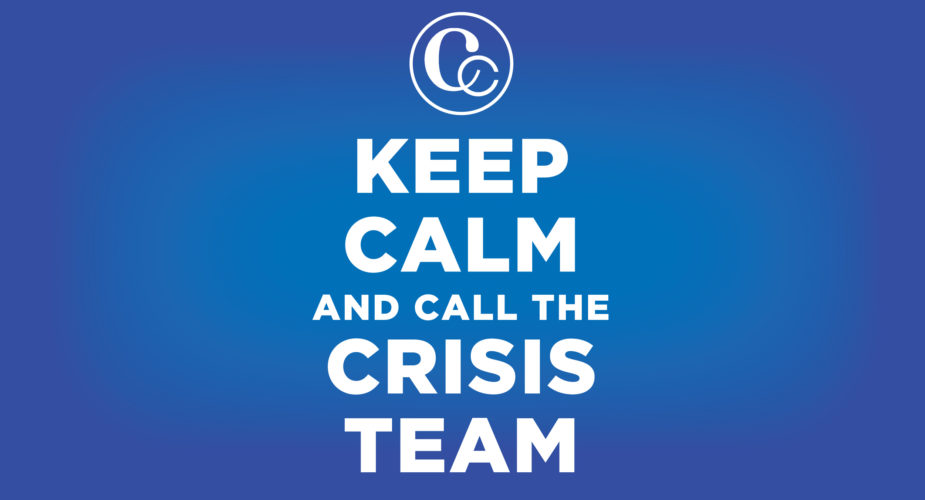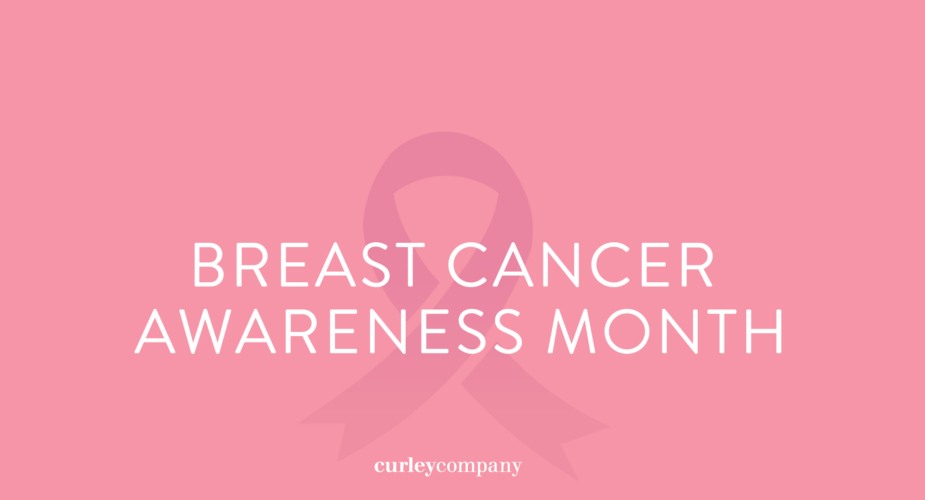Rhapsody in Black and Blue: Are You Prepared?
The recent and ongoing United Airlines PR crisis provides a valuable lesson for all companies in assessing their crisis vulnerabilities and level of preparedness, especially in the age of social media. Yes, the United crisis is ongoing–it’s not over yet for our friends that fly the friendly skies. They have one or more lawsuits still to face, customers to win back, market cap to re-earn, internal policies and procedures to reevaluate and a big digital magnifying glass hovering over their every passenger interaction. Take this recently married couple, deplaned by United staff for repeatedly moving to “upgraded seating” on their way to their honeymoon in Costa Rica, who vigorously dispute the airline’s account of the incident.
Regardless of what really happened, these latest incidents will be recorded as black marks against United. The truth, in this matter, is almost inconsequential after video and images of a bloody passenger made its way to our cell phones, laptops and TV sets earlier this month. It shows the explosive power of social sharing of user-generated content. It shows how a nickel-and-dimed flying public, outraged by $13 surcharges for three inches of legroom and $25 checked baggage can turn on a nearly century-old brand in a matter of minutes. It is a wake-up call for all companies to include a social and digital communications response audit in their existing crisis plans, if they even have an existing plan in the first place.
As crisis communicators, we prepare clients for crisis management and mitigation—every day. Our preparedness philosophy is simple: no surprises. In our business, we believe it’s not if a crisis will happen, but when it will happen. The only real question is: will you be prepared?
Social media can be an accelerant to smoldering issues of resentment, discord and disrespect. The only course for containment of this digital wildfire is to see it coming, prepare for its arrival, practice a response and be ready to throw everything you’ve got at it to stomp it out.
Every member of the corporate C-suite should ask a simple question today: do we have a crisis communications handbook that has up-to-date procedures for mitigating a social communications crisis? If not, blow the dust off the handbook, call your head of communications and get cracking on the next evolution of your crisis plan. If you don’t have a basic crisis communications plan to build upon, read this blog post then forward this article to your communications team to ask them to put together a short-list of advisors who can get a crisis communications plan together straightaway.
Most reputable crisis experts fault United’s response for being “too little, too late.” With planning and preparation, crisis response becomes reflexive reaction–quick and decisive. At this point, United would undoubtedly agree to turn back the clock for a few more sessions of crisis preparedness, with scenario training that includes several social knockouts.
Are you prepared?









